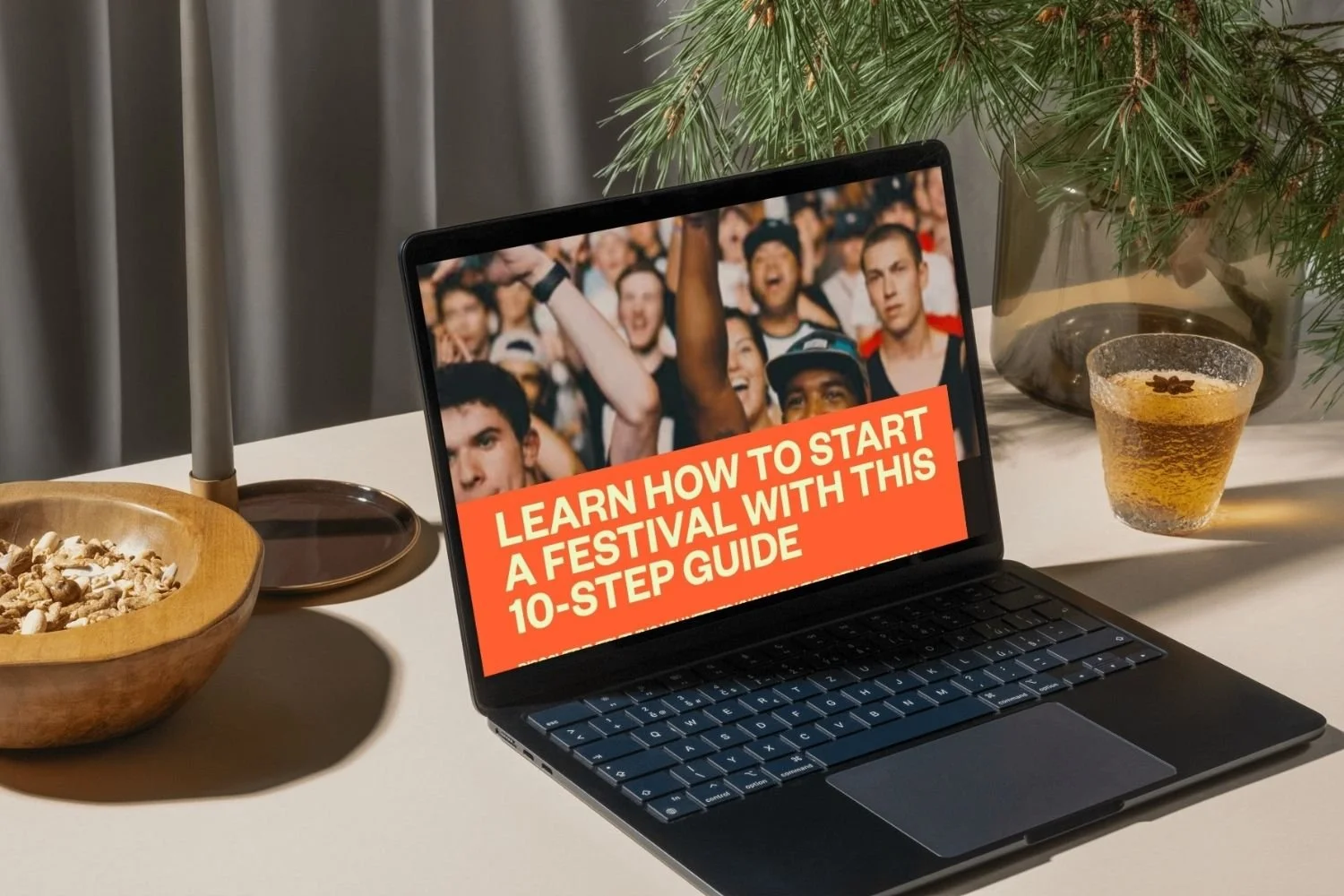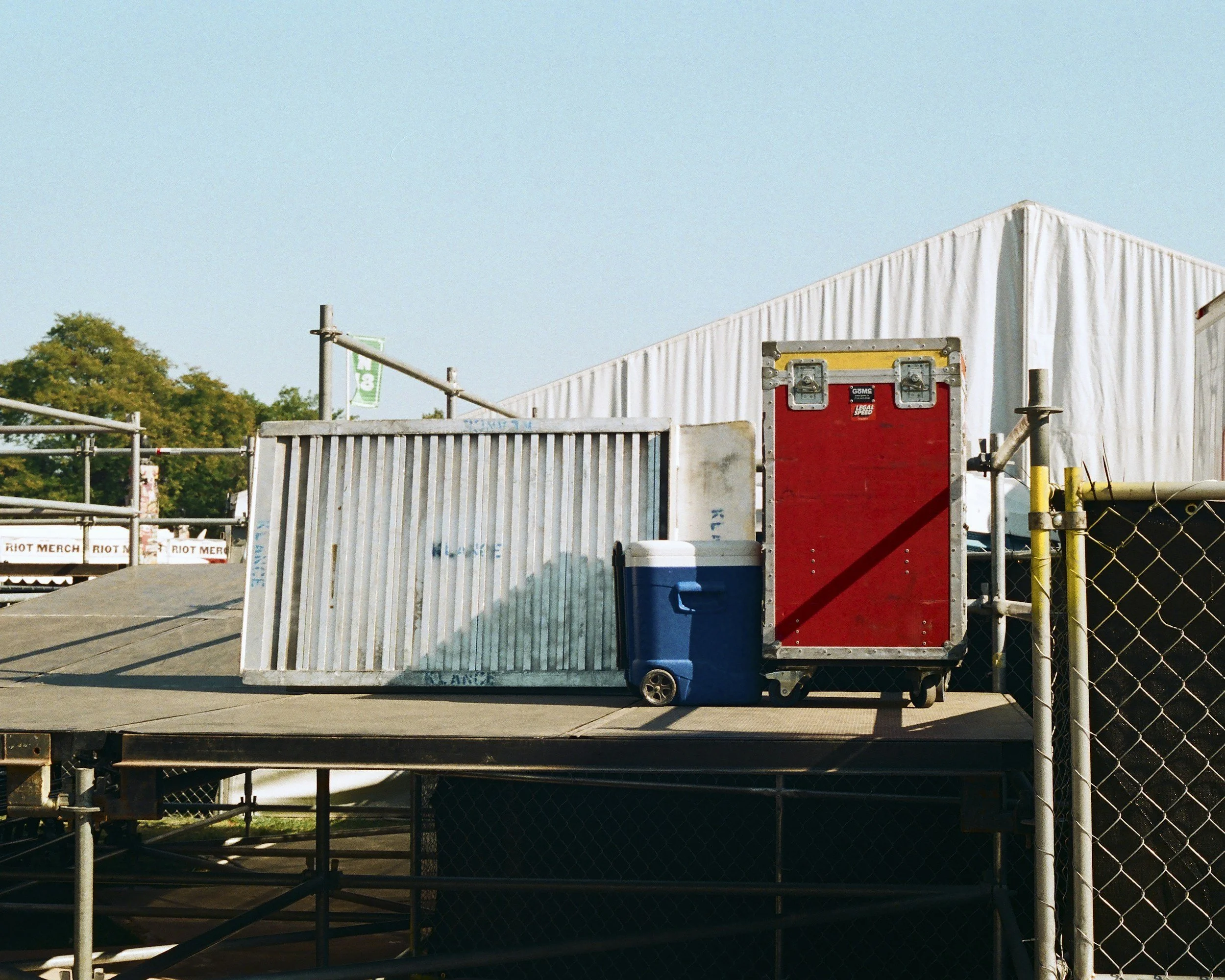Best Practices for Managing Vendor Relationships in Event Planning
Managing vendor relationships is a critical component of successful event planning. Strong vendor partnerships can lead to smoother operations, better service, and more memorable events.
Here are the best practices to ensure you're managing vendor relationships effectively:
1. Clear Communication
Establish open, transparent communication from the start. Ensure expectations, timelines, and deliverables are clearly outlined in contracts. Regularly check in with vendors before, during, and after the event to address any issues promptly.
2. Build Trust and Respect
Treat your vendors as valuable partners, not just service providers. Build trust by being fair, respectful, and professional. A strong relationship with your vendors can lead to better deals, priority services, and a willingness to go the extra mile for your event.
3. Be Organized and Transparent
Provide detailed event briefs, contracts, and timelines well in advance. Stay organized with vendor information, agreements, and deliverables. Keep vendors informed about any changes or updates throughout the planning process to avoid confusion and last-minute surprises.
4. Respect Payment Terms
Always adhere to agreed-upon payment schedules. Timely payments build goodwill and strengthen relationships, making vendors more likely to prioritize your events in the future.
5. Be Professional and Courteous
Always maintain a professional demeanor, even in challenging situations. If something goes wrong, handle the situation with grace and respect. Vendors are more likely to be cooperative if they feel valued and respected.
6. Collaborate on Solutions
Work with your vendors as a team. If issues arise, collaborate on finding solutions rather than placing blame. A problem-solving approach strengthens partnerships and keeps everyone focused on delivering the best outcome for the event.
7. Regular Feedback
After the event, provide feedback on the vendor's performance. Positive feedback helps vendors know what worked well, and constructive criticism can improve the relationship for future events. This also keeps the lines of communication open for long-term collaboration.
8. Show Appreciation
A simple "thank you" or thoughtful gesture can go a long way in maintaining positive relationships. Consider giving vendors credit on your event website, social media, or at the event itself to show appreciation for their hard work.
By following these best practices, you'll foster stronger, long-lasting relationships with your vendors, resulting in smoother event execution and an overall better experience for both you and your clients.
You Might Also Like
Meet Your Mentor
Hey! I’m Rachella — founder of Event Kit and an Event Consultant with 25+ years of experience running world-class festivals and public events. I created Event Kit because I knew there had to be a smarter, less overwhelming way to plan pro-level events.
EVENT KIT LIBRARY
Guides & Tutorials: Expert Insights & Event Planning Inspiration
Your go-to for practical event planning advice, from beginner basics to smart professional development.















